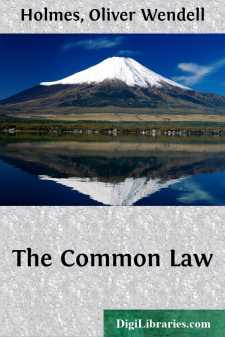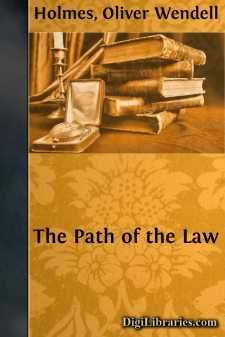Categories
- Antiques & Collectibles 13
- Architecture 36
- Art 48
- Bibles 22
- Biography & Autobiography 813
- Body, Mind & Spirit 142
- Business & Economics 28
- Children's Books 17
- Children's Fiction 14
- Computers 4
- Cooking 94
- Crafts & Hobbies 4
- Drama 346
- Education 46
- Family & Relationships 57
- Fiction 11829
- Games 19
- Gardening 17
- Health & Fitness 34
- History 1377
- House & Home 1
- Humor 147
- Juvenile Fiction 1873
- Juvenile Nonfiction 202
- Language Arts & Disciplines 88
- Law 16
- Literary Collections 686
- Literary Criticism 179
- Mathematics 13
- Medical 41
- Music 40
- Nature 179
- Non-Classifiable 1768
- Performing Arts 7
- Periodicals 1453
- Philosophy 64
- Photography 2
- Poetry 896
- Political Science 203
- Psychology 42
- Reference 154
- Religion 513
- Science 126
- Self-Help 84
- Social Science 81
- Sports & Recreation 34
- Study Aids 3
- Technology & Engineering 59
- Transportation 23
- Travel 463
- True Crime 29
Ralph Waldo Emerson
Description:
Excerpt
INTRODUCTION.
"I have the feeling that every man's biography is at his own expense. He furnishes not only the facts, but the report. I mean that all biography is autobiography. It is only what he tells of himself that comes to be known and believed."
So writes the man whose life we are to pass in review, and it is certainly as true of him as of any author we could name. He delineates himself so perfectly in his various writings that the careful reader sees his nature just as it was in all its essentials, and has little more to learn than those human accidents which individualize him in space and time. About all these accidents we have a natural and pardonable curiosity. We wish to know of what race he came, what were the conditions into which he was born, what educational and social influences helped to mould his character, and what new elements Nature added to make him Ralph Waldo Emerson.
He himself believes in the hereditary transmission of certain characteristics. Though Nature appears capricious, he says, "Some qualities she carefully fixes and transmits, but some, and those the finer, she exhales with the breath of the individual, as too costly to perpetuate. But I notice also that they may become fixed and permanent in any stock, by painting and repainting them on every individual, until at last Nature adopts them and bakes them in her porcelain."
* * * * *
We have in New England a certain number of families who constitute what may be called the Academic Races. Their names have been on college catalogues for generation after generation. They have filled the learned professions, more especially the ministry, from the old colonial days to our own time. If aptitudes for the acquisition of knowledge can be bred into a family as the qualities the sportsman wants in his dog are developed in pointers and setters, we know what we may expect of a descendant of one of the Academic Races. Other things being equal, he will take more naturally, more easily, to his books. His features will be more pliable, his voice will be more flexible, his whole nature more plastic than those of the youth with less favoring antecedents. The gift of genius is never to be reckoned upon beforehand, any more than a choice new variety of pear or peach in a seedling; it is always a surprise, but it is born with great advantages when the stock from which it springs has been long under cultivation.
These thoughts suggest themselves in looking back at the striking record of the family made historic by the birth of Ralph Waldo Emerson. It was remarkable for the long succession of clergymen in its genealogy, and for the large number of college graduates it counted on its rolls.
A genealogical table is very apt to illustrate the "survival of the fittest,"—in the estimate of the descendants. It is inclined to remember and record those ancestors who do most honor to the living heirs of the family name and traditions. As every man may count two grandfathers, four great-grandfathers, eight great-great-grandfathers, and so on, a few generations give him a good chance for selection....












